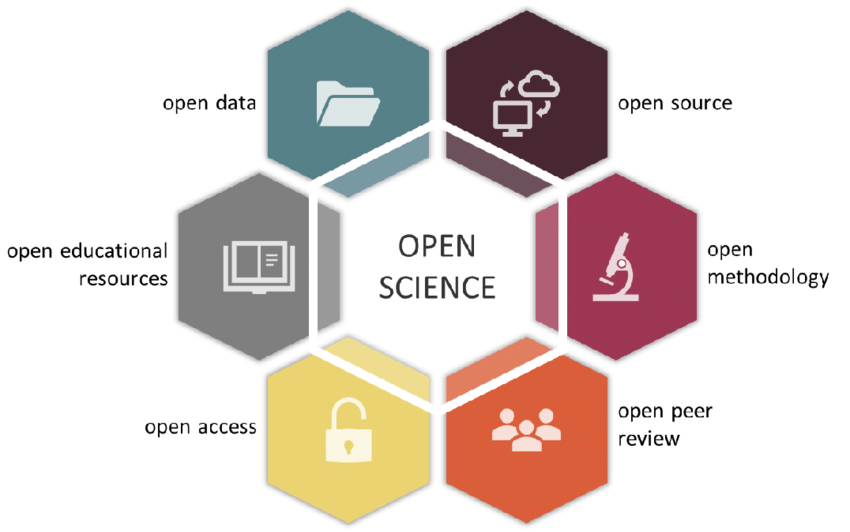
Where is Open Science Most Needed?
Where is Open Science Most Needed? https://opusproject.eu/wp-content/uploads/2023/09/The-six-core-principles-of-Open-Science-which-guide-the-Open-Traits-Network-1.png 850 532 Open and Universal Science (OPUS) Project Open and Universal Science (OPUS) Project https://opusproject.eu/wp-content/uploads/2023/09/The-six-core-principles-of-Open-Science-which-guide-the-Open-Traits-Network-1.pngWhile open science benefits the global research community, there are specific areas where it is most urgently needed to address pressing challenges. In this article, we will explore some key areas where open science can have a transformative impact.
- Medical Research and Drug Development
One of the most critical areas where open science is needed is in medical research and drug development. The high cost of healthcare, limited access to essential medicines, and the need for rapid responses to emerging diseases make this field ripe for open collaboration. By openly sharing research data, methodologies, and clinical trial results, scientists and pharmaceutical companies can accelerate the development of life-saving treatments and make them accessible to a broader population.
- Climate Science and Environmental Conservation
As our planet faces increasingly severe environmental challenges, open science plays a vital role in addressing these issues. Climate scientists need to openly share data and research findings to improve our understanding of climate change and develop effective mitigation strategies. In addition, open science can empower citizen scientists and activists to contribute to environmental conservation efforts by sharing data on biodiversity, deforestation, and pollution.
- Education and Knowledge Dissemination
Open science is essential in education to ensure that knowledge is freely accessible to learners worldwide. Open educational resources (OERs) and open-access journals allow students and educators to access high-quality learning materials and research articles without prohibitive costs. This democratization of knowledge is particularly crucial in developing countries where access to educational resources is limited.
- Crisis Response and Public Health
The COVID-19 pandemic underscored the importance of open science in responding to global health crises. Rapid data sharing among scientists from different countries led to the development of vaccines and treatments at an unprecedented pace. Open access to research on diseases, outbreaks, and public health strategies can help us better prepare for future pandemics and health emergencies.
- Social Sciences and Policy Research
Open science is equally relevant in the social sciences and policy research. Openly sharing data and research findings can enhance transparency in policymaking, leading to more evidence-based decisions. Additionally, open access to social science research can foster public engagement and informed discussions on critical societal issues, such as inequality, poverty, and education.
- Space Exploration and Astronomy
In the realm of space exploration and astronomy, open science can fuel discoveries and innovations. Collaborative projects like the Square Kilometre Array (SKA) radio telescope rely on open data sharing to unravel the mysteries of the universe. Open access to astronomical data and research findings encourages public interest in space science and inspires the next generation of scientists.
Keep in mind
Open science is a powerful force for positive change, with the potential to address some of the world’s most pressing challenges. By fostering collaboration, transparency, and open access to knowledge, it can accelerate progress in critical areas such as medical research, environmental conservation, education, crisis response, social sciences, and space exploration. Embracing open science principles is not only a moral imperative but also a practical strategy for solving complex global problems. As we move forward, it is essential to recognize where open science is most needed and work together to make scientific knowledge a global public good.
Photo via Research Gate
- Posted In:
- Open Science News




